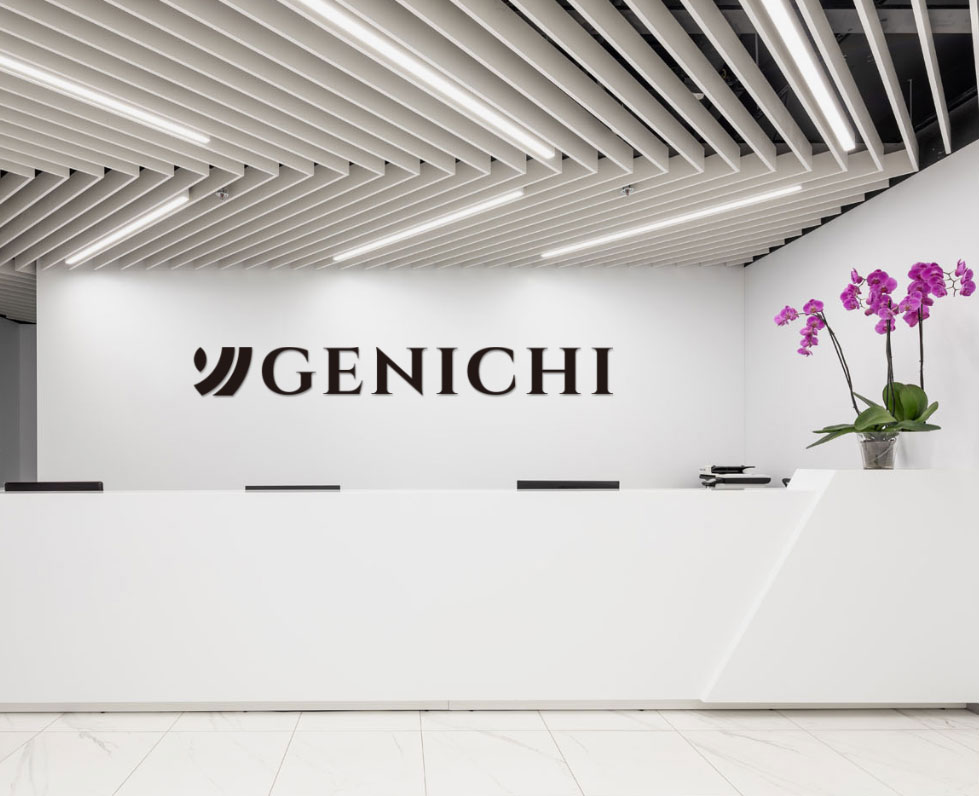Why Wooden Hangers Are Ideal for Specific Clothing Types Wooden hangers are widely recognized for their strength, durability, and ability to maintain ...
READ MORE
Specializing in the production, manufacturing and sales of bamboo and wood daily necessities for many years.
Genichi Home & Life Essentials is China Bamboo Thermal Insulation Pads Manufacturers and Bamboo Thermal Insulation Pads Factory, we have the ability to design, produce and sell products independently.
Support the production and customization of small batch products.


Why Wooden Hangers Are Ideal for Specific Clothing Types Wooden hangers are widely recognized for their strength, durability, and ability to maintain ...
READ MOREThe Rise of Smart Household Items in Modern Homes Smart homes are no longer limited to luxury properties or technology enthusiasts. With the increasin...
READ MOREIntroduction to Bamboo Coasters Bamboo coasters are eco-friendly and durable accessories designed to protect surfaces from heat, moisture, and scratch...
READ MOREIntroduction to Smart Household Items Smart household items have revolutionized modern living by combining technology with everyday home tasks. From a...
READ MOREThe Rise of Convenience in Everyday Oral Care Oral care routines are increasingly shaped by convenience, portability, and hygiene awareness. As consum...
READ MOREBamboo Thermal Insulation Pads have emerged as a sustainable and efficient solution for protecting tables and surfaces from heat damage while maintaining the temperature of dishes. A key question that often arises when considering these pads is whether they can endure high temperatures without warping or deteriorating.
Understanding Bamboo's Natural Properties:
Bamboo is renowned for its remarkable properties, including strength, durability, and sustainability. However, one lesser-known attribute of bamboo is its inherent heat resistance. Unlike many other materials, bamboo exhibits low thermal conductivity, meaning it does not readily transfer heat. This quality makes bamboo an excellent choice for applications where insulation against high temperatures is necessary.
The Manufacturing Process: Enhancing Heat Resistance
While bamboo possesses inherent heat resistance, manufacturers of Bamboo Thermal Insulation Pads often employ specific techniques to enhance this property further. During the manufacturing process, the bamboo may undergo treatments or coatings designed to reinforce its ability to withstand heat without warping or deteriorating. These treatments not only improve heat resistance but also contribute to the overall longevity of the pads.
Engineering for Durability:
In addition to selecting high-quality bamboo and applying heat-resistant treatments, the design and construction of Bamboo Thermal Insulation Pads play a crucial role in their ability to endure high temperatures. These pads are typically engineered with multiple layers or reinforced structures to enhance their strength and resilience. By employing thoughtful design principles, manufacturers ensure that the pads maintain their integrity even when subjected to significant heat.
Practical Considerations for Users:
For consumers considering Bamboo Thermal Insulation Pads, practical questions naturally arise regarding their performance under high temperatures. These pads are indeed designed to withstand the heat generated by hot dishes, pots, or pans without warping, melting, or deteriorating. Whether you're placing a piping hot casserole dish directly from the oven or serving sizzling skillets at the table, these pads provide reliable protection for your surfaces.
Care and Maintenance: Ensuring Longevity
While Bamboo Thermal Insulation Pads are built to withstand high temperatures, proper care and maintenance are essential for ensuring their longevity. Fortunately, caring for these pads is relatively straightforward. Most can be wiped clean with a damp cloth or gentle cleanser, and some are even dishwasher safe for added convenience. Avoiding prolonged exposure to extreme heat sources and storing the pads in a dry, well-ventilated area when not in use will help preserve their quality over time.
Bamboo Thermal Insulation Pads are often designed with sustainability in mind, and many variants can indeed be recycled or composted at the end of their life cycle.
Bamboo, as a material, is inherently biodegradable and compostable, making it an eco-friendly choice for products aimed at reducing environmental impact. However, the ability to recycle or compost the pads depends on several factors, including any additional materials or treatments used in their construction.
Some manufacturers may utilize blends of bamboo with other materials, such as resins or coatings, to enhance the pads' durability or heat resistance. In such cases, the recyclability or compostability of the pads may be influenced by the compatibility of these additional components with recycling or composting processes.
To ensure that Bamboo Thermal Insulation Pads can be recycled or composted, consumers should look for products that are explicitly marketed as biodegradable, compostable, or made from 100% bamboo fibers. These pads typically undergo minimal processing and do not contain synthetic additives that could hinder their ability to break down naturally.
At the end of their life cycle, Bamboo Thermal Insulation Pads can be disposed of in compost bins or sent to facilities equipped to process organic waste. Alternatively, if the pads are made from recyclable materials, they can be sorted and recycled through appropriate recycling channels.